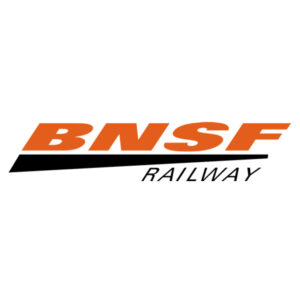 TOPOCK, Ariz. — BNSF Railway has reopened its Southern Transcon main line near the Arizona-California state line following a Wednesday derailment, the railroad said in a customer advisory today (Saturday, March 18).
TOPOCK, Ariz. — BNSF Railway has reopened its Southern Transcon main line near the Arizona-California state line following a Wednesday derailment, the railroad said in a customer advisory today (Saturday, March 18).
That derailment occurred about 7:40 p.m. Wednesday near Topock, about 11 miles southeast of Needles, Calif., on the Seligman Subdivision. It involved eight cars of corn syrup, but was originally reported as involving hazardous materials [see “BNSF train derails …,” Trains News Wire, March 16, 2023].
BNSF’s report says the first track was reopened Friday at 12:30 p.m. PST, while the second reopened at 7:18 p.m.
The derailment had disrupted operations of Amtrak’s Southwest Chief, but eastbound No. 4 to Chicago departed Los Angeles normally on Friday evening. Westbound No. 3, which normally would have passed through the area about midnight, is currently projected to arrive in Los Angeles about 11½ hours late at 7:32 p.m.






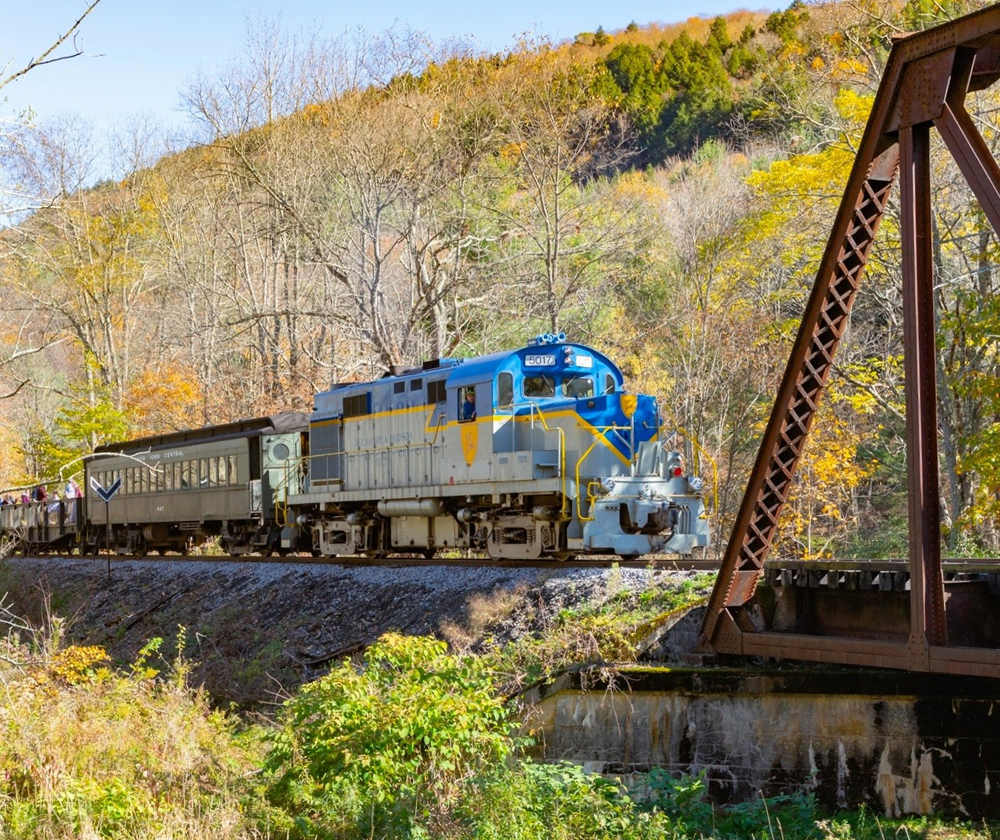
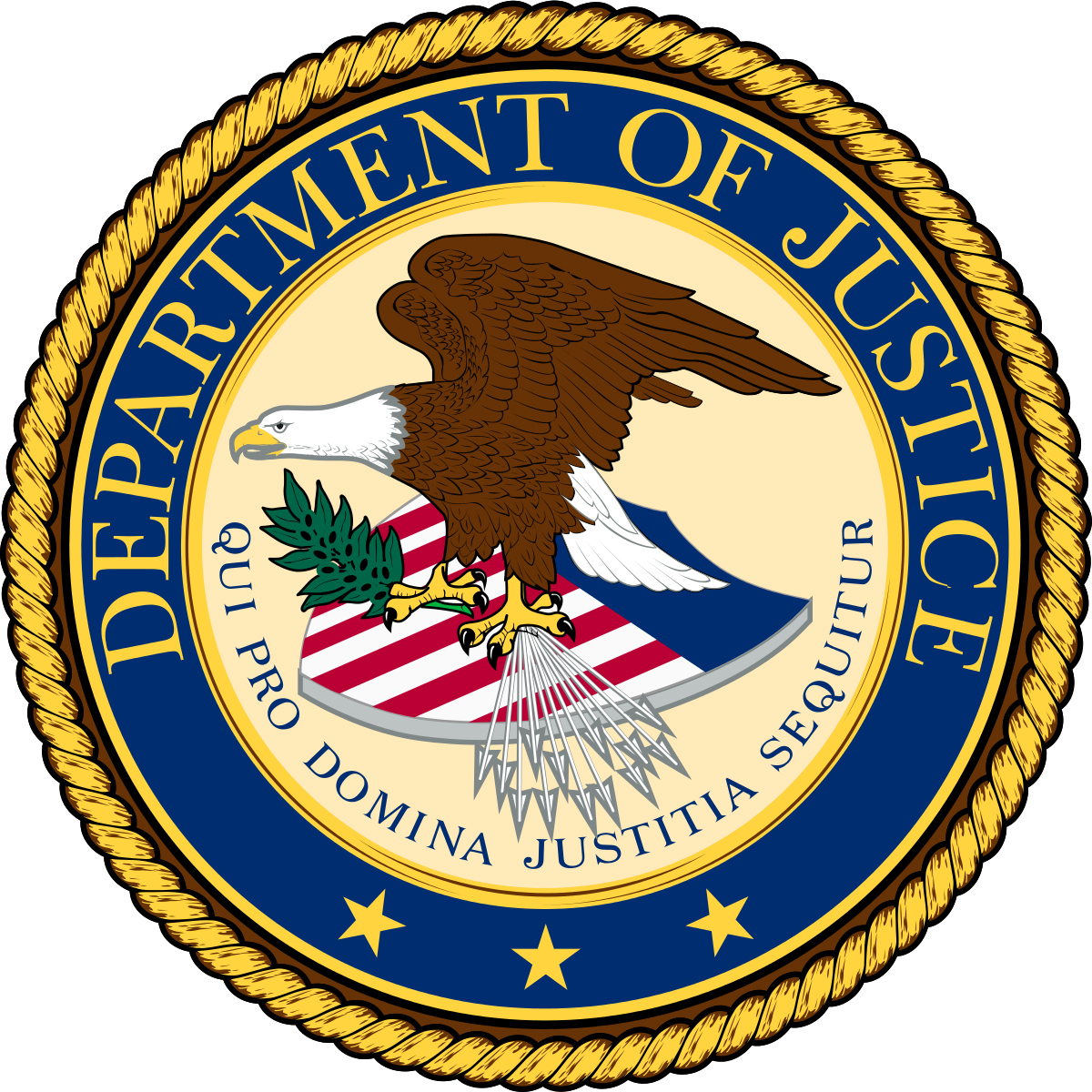
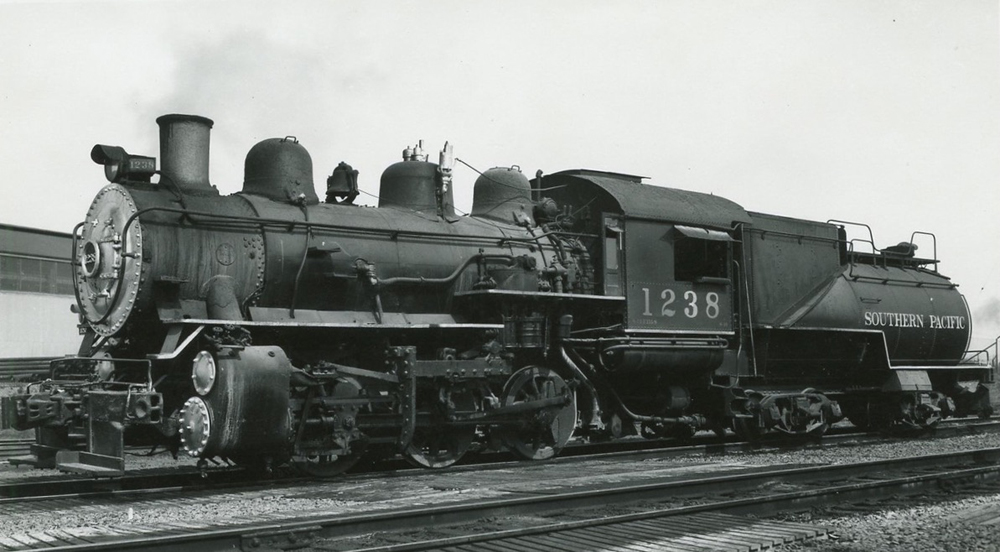
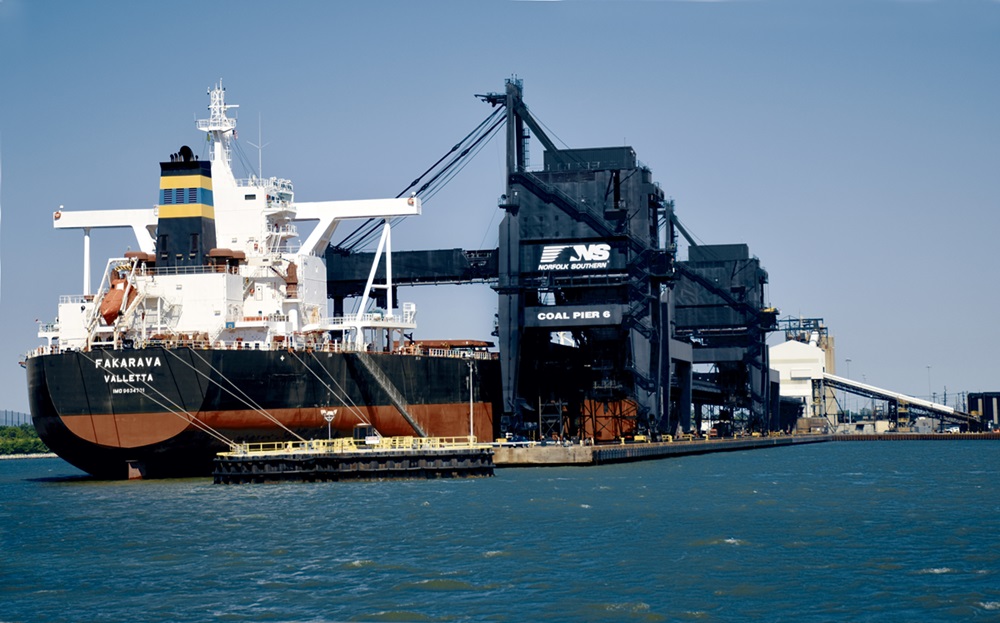




(Sarcasm On) ECP would have prevented this derailment and the creation of a sticky mess. (Sarcasm Off)
Let’s way for the report.
All jokes aside, ECP braking does not prevent all derailments. It can, however, prevent derailment due to in-train forces which are the result of an emergency application of airbrakes. ECP can also reduce the severity of a derailment that has already started.
Mr. Dupee, your assertions are again false based on scientific research done by the USDOT, the FRA and the AAR. As far as preventing, “…derailment due to in-train forces which are the result of an emergency application of air brakes…”, it is only a theory as each derailment is a unique experience based on train length, car types, lading and weight. In fact the USDOT study found that in many instances the unreliability of the system could actually make a derailment worse as no brakes are infinitely worse than some brakes.
Perhaps once actual, reliable response is proven for all cars of a train through better application of electronics or GPS intervention, will the time for ECP brakes comes to past. Currently, however. it is just a diversion that aids in the delay of finding answers to the current issues in the rail industry.
GOOD